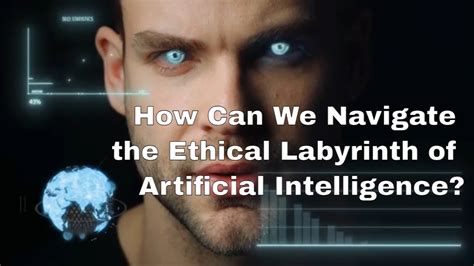In a world where AI generation tools are rapidly advancing, Stability AI’s latest release – Stable Audio Open – has opened a Pandora’s box of ethical, legal, and philosophical debates. Although heralded as an open-source project, some critics argue that its licensing policies lack the transparency and freedom traditionally associated with truly open projects. The release of Stable Audio Open is indicative of ongoing struggles in the tech community to define and maintain open-source integrity in the realm of AI-generated content.
One of the primary concerns revolves around the interpretation of what ‘open source’ really means in the context of AI. For instance, some users noted that the Stability license mandates a commercial membership for users who wish to exploit the software commercially. This restriction is perceived as a deviation from the classical open-source ethos, which promotes free usage for any purpose. As commented on by simonw, stability in AI may be one of the worse offenders for abusing the term ‘open source’ in modern times.
The debate doesn’t stop at licensing. The ethical implications of using Creative Commons-licensed training data have also come to the fore. Littlestymaar commented on the irony of imposing non-commercial licensing on a tool trained with data that could have been free of copyright issues. Conversely, jononor pointed out that the Creative Commons licenses still impose certain conditions, and it’s not as straightforward as using completely liberated data. The tension between respecting original creators’ rights and advancing technological innovation is palpable, illustrating a complex moral landscape.
Moreover, commenters raised concern over the utilization of open-source software. Elpocko recounted instances where awareness around open-source licensing is abysmally low. Misinterpretation of licenses often results in backlash from communities less inclined to read legal fine print. This chaotic ecosystem makes it difficult to balance the freedom of innovation with adherence to ethical guidelines, often skewing towards user convenience over legal correctness.
In addition to legal and ethical concerns, technical execution is also under scrutiny. Bufferoverflow and other commenters delved into the specifics of how well these AI models function. Comments suggested that while solutions like Suno and Google’s MusicLM show promise, they fall short in areas such as vocal generation and high-frequency noise smoothing. This raises the bar for future developments that aim to cross these hurdles and deliver professional quality without infringing on ethical or legal boundaries.
Interestingly, the concept of ‘prompt music’ emerged from these discussions. With the efficiency of compression and the capability to generate rich audio from concise prompts, there’s an evolving notion that entire songs or even albums could be encoded in minimal data packets. This presents not just a technical marvel but also a glimpse into how the music industry could transform. Imagine genres defined entirely by prompts, allowing for rapid, collaborative innovations in music production.
As AI technology progresses, it is clear that the laws governing these advancements need to evolve in tandem. The intersection of copyright laws and AI is a convoluted territory with no clear winners presently. There’s a pressing need for robust legal frameworks that can accommodate the unique nature of AI-generated content. This is no longer about simply adhering to the letter of the law; it’s about understanding the spirit behind it and ensuring both creators and users benefit fairly.
Ultimately, Stability AI’s Stable Audio Open isn’t just a tool – it’s a catalyst for broader reflection on how we approach the ethics, legality, and practical usage of AI in audio and beyond. It underscores a growing need for the tech community to navigate these challenges collectively and responsibly, fostering an environment where innovation does not come at the expense of ethical integrity.


Leave a Reply